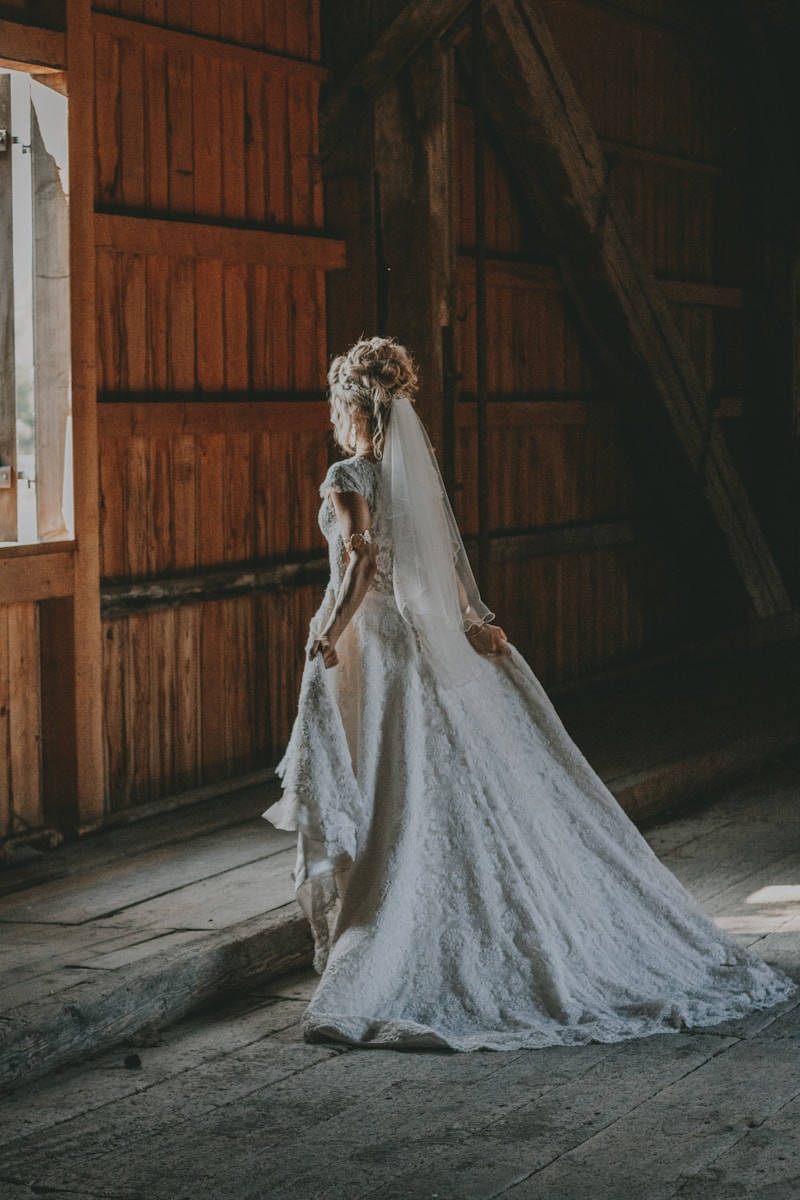Planning Ahead for Wedding Dress Purchases: A Comprehensive Guide
Understanding the Importance of Planning Ahead
When it comes to weddings, every detail matters, and one of the most significant decisions revolves around the wedding dress. Planning ahead for wedding dress purchases can save time, reduce stress, and even save you money. By starting early, you allow yourself the opportunity to explore various styles, designers, and price ranges without feeling rushed. In this article, we will delve into the essential considerations for planning your wedding dress purchase efficiently.
Why Timing is Everything
Weddings are often a frantic affair, with countless decisions to be made. However, the wedding dress is a focal point of your big day. Here are some key reasons why planning ahead is crucial:
- Customization and Alterations: Custom-made dresses can take several months, so planning ahead gives you ample time for fittings and alterations.
- Budget Management: Setting a budget beforehand helps avoid overspending. Typically, wedding dresses can range anywhere from $500 to over $5,000, depending on the designer and fabric.
- Research Options: Having the luxury of time allows you to research and compare different styles and designers. You can search for popular keywords like 'bohemian wedding dresses', 'elegant ball gowns', or 'beach wedding attire' to gather ideas.
- Stress Reduction: Starting the process early means you can enjoy the experience rather than feel overwhelmed by last-minute decisions.
Setting a Realistic Timeline
To effectively plan ahead for wedding dress purchases, it's important to establish a timeline. Here is a suggested schedule that can help streamline the process:
| Timeframe | Tasks |
| 12+ Months Before | Begin researching bridal styles, designers, and budget. |
| 9-12 Months Before | Start shopping at local boutiques and trunk shows for inspiration. |
| 6-9 Months Before | Order your dress (allow time for custom options and fittings). |
| 3 Months Before | Schedule fittings and make necessary alterations. |
| 1 Month Before | Pick up your dress and perform final adjustments. |
Choosing the Right Style
Your wedding dress should reflect your personality and the theme of your wedding. Here are some popular styles that brides often consider:
- A-Line Dresses: Flattering on various body shapes, this style features a fitted bodice that gradually flares out.
- Mermaid Gowns: Designed to hug the body, these dresses are perfect for a formal or glamorous wedding.
- Ball Gowns: The classic fairy-tale dress, ideal for brides looking for a dramatic entrance.
- Sheath Dresses: For a more elegant and straightforward look, sheath dresses flow straight down from the neckline.
Staying updated with the latest fashion trends will enhance your wedding dress shopping experience. Consider:
- Color of the Year: Explore if unique colors are trending, such as blush pink or deep emerald green.
- Eco-friendly Fabrics: Sustainable materials are gaining popularity.
- Innovative Cuts: Asymmetrical necklines and unique back designs are becoming increasingly desirable.

Budgeting for Your Dress
Setting a budget is essential when planning ahead. Here are some tips to manage your spending:
- Research Average Costs: Understanding the typical price ranges for wedding dresses can help you establish a realistic budget.
- Consider Additional Costs: Factor in the price for alterations, accessories, and cleaning after the wedding.
- Look for Discounts: Consider shopping during off-peak seasons or sales events for potential savings.
The Importance of Size and Fit
Finding the right size and fit is paramount when it comes to your wedding dress. Keep these points in mind:
- Know Your Measurements: Take accurate measurements well in advance to guide your shopping.
- Be Open to Alterations: Most wedding dresses will require some form of alteration, so anticipate this in your timeline.
- Try Different Styles: Don't just stick to one style; trying a variety can help you discover what works best for you.
Final Touches: Accessories and Alterations
The right accessories can elevate your bridal look. Consider the following:
- Veils and Headpieces: Decide if you want a veil or other accessories, such as hairpins or tiaras.
- Jewelry: Choose pieces that complement your dress without overpowering it.
- Footwear: Decide on your wedding shoes early to ensure they match the style and comfort level needed for your big day.
Conclusion: Making Your Dream Dress a Reality
Planning ahead for wedding dress purchases is a crucial step in the wedding preparation process. By allowing yourself ample time, you not only relieve a significant amount of stress but also create opportunities for finding the perfect dress that fits both your style and budget.
Remember: Start early, enjoy the experience of trying on different styles, and do not hesitate to consult with bridal experts if needed. The journey of finding the ideal wedding dress should be as special as the day itself. Happy wedding planning!
Note: Always keep communication open with your bridal shop and make sure to follow up on your dress's arrival time and any upcoming fittings. Planning ahead ensures that every detail, from your dress to your accessories, is perfect for your big day.